NYT: Google, Facebook's secret deal to control online advertising is revealed

The New York Times reported on Sunday about a secret "sweetheart" deal extended to Facebook by Google that would have helped the pair maintain a hold on the profitable world of online advertising. It all started four years ago when Facebook developed a new way to sell online ads that might have loosened Google's grip on the market. Just a couple of years later though, Facebook decided to join other companies who were teamed up with Google.
Google and Facebook might have a sweetheart deal when it comes to the selling of digital ads
Information pertaining to the agreement between Facebook and Google was redacted when included in a package of documents discovered by the Texas Attorney General's office. The latter is part of an antitrust lawsuit against Google filed by ten state attorneys general. But there were no redactions on a draft version of the complaint reviewed by The Times. Executives working for six of the 20 companies that are part of the agreement with Google say that Facebook receives much more generous terms than their companies do. These executives spoke anonymously to avoid having issues with Google, and said that they were unaware that Facebook has been given advantages that their companies don't have.
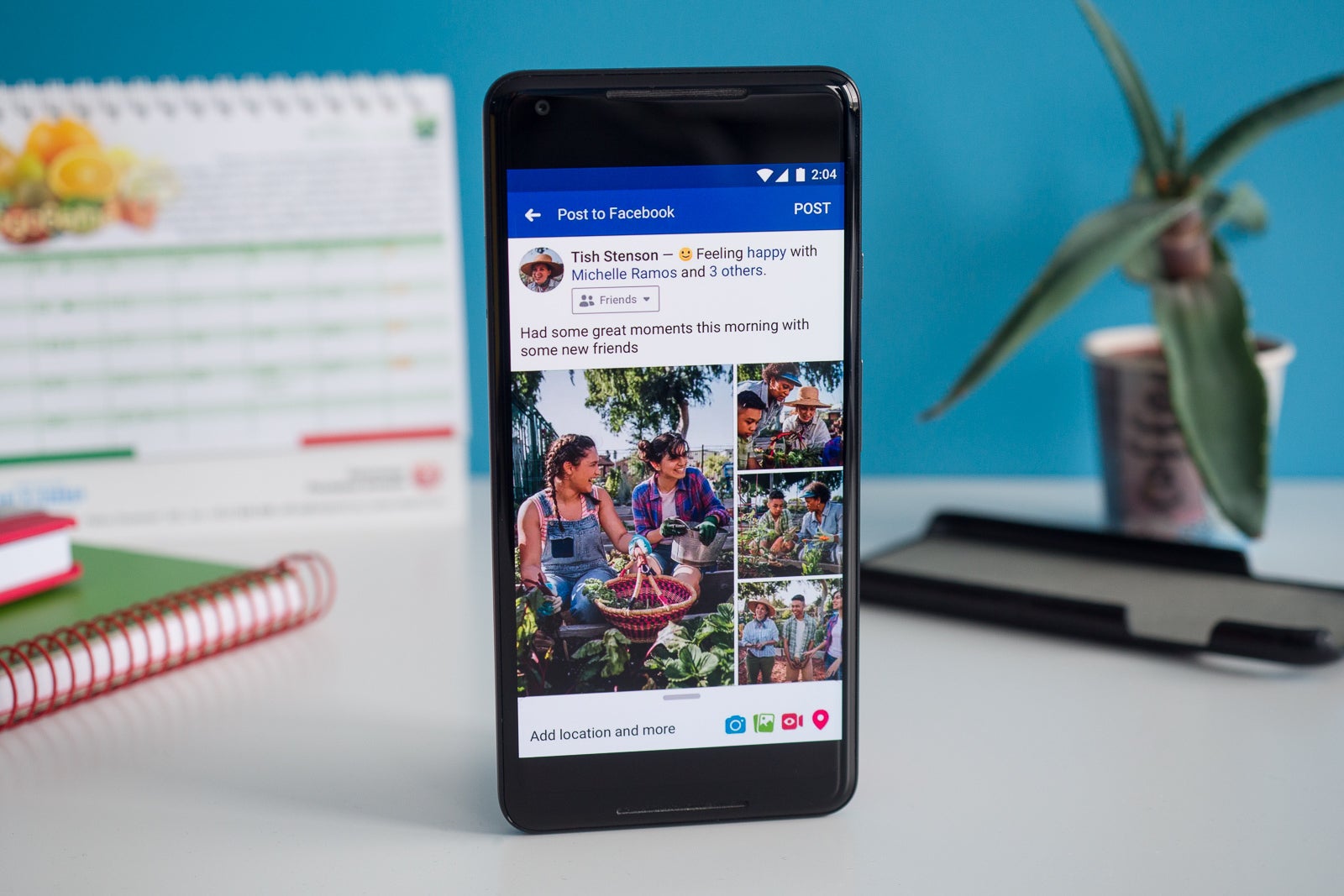
Does Google's agreement with Facebook over digital ads constitute a monopoly?
Both Google and Facebook said that deals like this are usual in the digital advertising game and do not stifle competition. The report raises concerns about the structure of deals made in the tech world, especially since any special benefits that Google gives Facebook were never reported on until now. For example, court documents revealed that Google gives Facebook 300 milliseconds to bid for ads. This gives Facebook a huge advantage over some of Google's partner companies that reportedly have only 120 milliseconds to bid.
Julie Tarallo McAlister, a Google spokeswoman, said the complaint "misrepresents this agreement, as it does many other aspects of our ad tech business." She added that Facebook is just one of several companies that take part in the Google-led program and that Facebook is a partner with other companies running similar programs. Facebook spokesman Christopher Sgro said that deals similar to the one between Facebook and Google "help increase competition in ad auctions. Any suggestion that these types of agreements harm competition is baseless." Google itself had been worried that Facebook, one of the world's largest ad buyers, would compete with Google in this aspect of the digital ad business.
The pair combined to account for more than half of all spending on digital ads back in 2019. Sally Hubbard, a former Attorney General in New York's antitrust bureau, believes that Google and Facebook are not competing against each other. She feels that by teaming up, the two actually "...reinforce each other’s monopoly power." Speaking of monopolies, Google and Facebook supposedly arranged for Facebook to win a preset percentage of the ads that it would bid for. The complaint says, "Unbeknown to other market participants, no matter how high others might bid, the parties have agreed that the gavel will come down in Facebook’s favor a set number of times." Google responded to this by saying that Facebook still needs to have the highest bid to win an auction.
After a user presses a link on a web page, bids for ad space are placed in exchanges and the winning bid is passed along to an ad server. Since Google dominates in both the exchange and server, the company usually gets the business of running the ad. To escape Google's process, a system called header bidding developed. Sites opened themselves up to soliciting multiple exchanges at one time and by 2016, this process was used by 70% of publishers.
Google fought back against header bidding with its own Open Bidding, which uses an alliance of exchanges. While this allows other exchanges to compete with Google's, the latter does receive a fee for each winning bid.

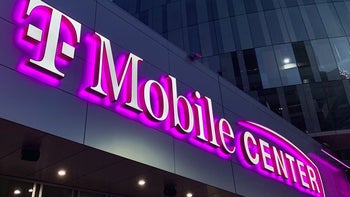
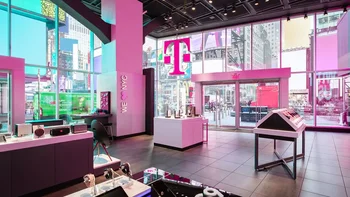
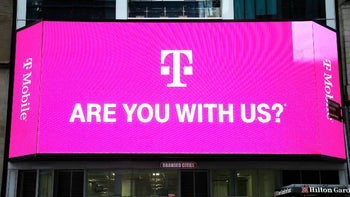
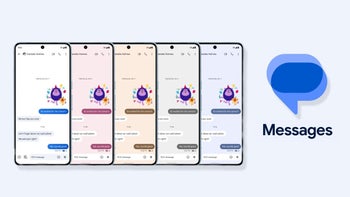
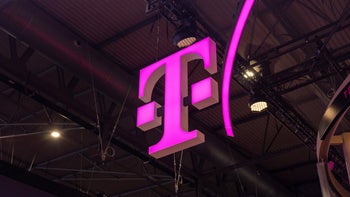

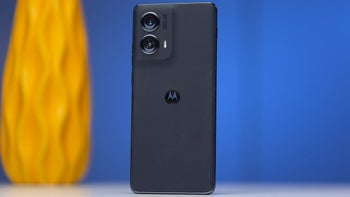
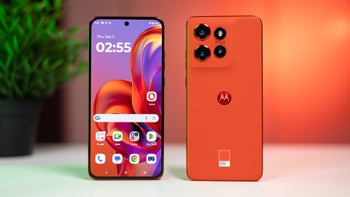
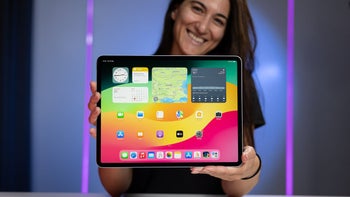
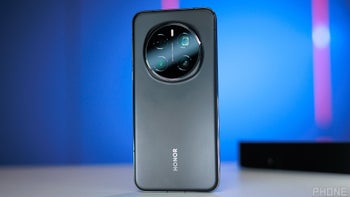

Things that are NOT allowed: